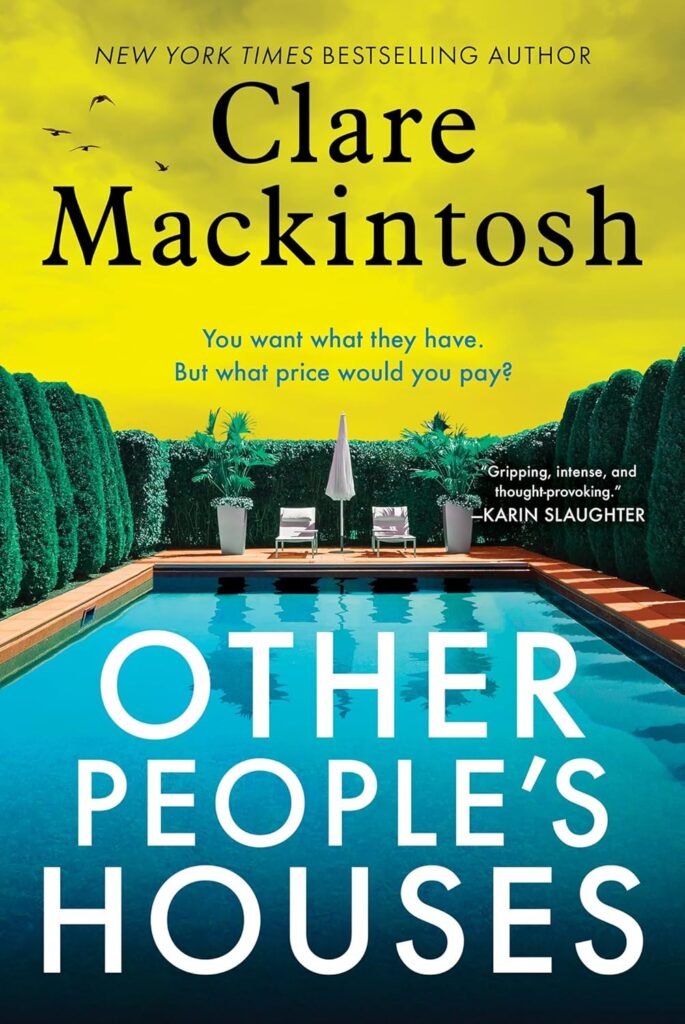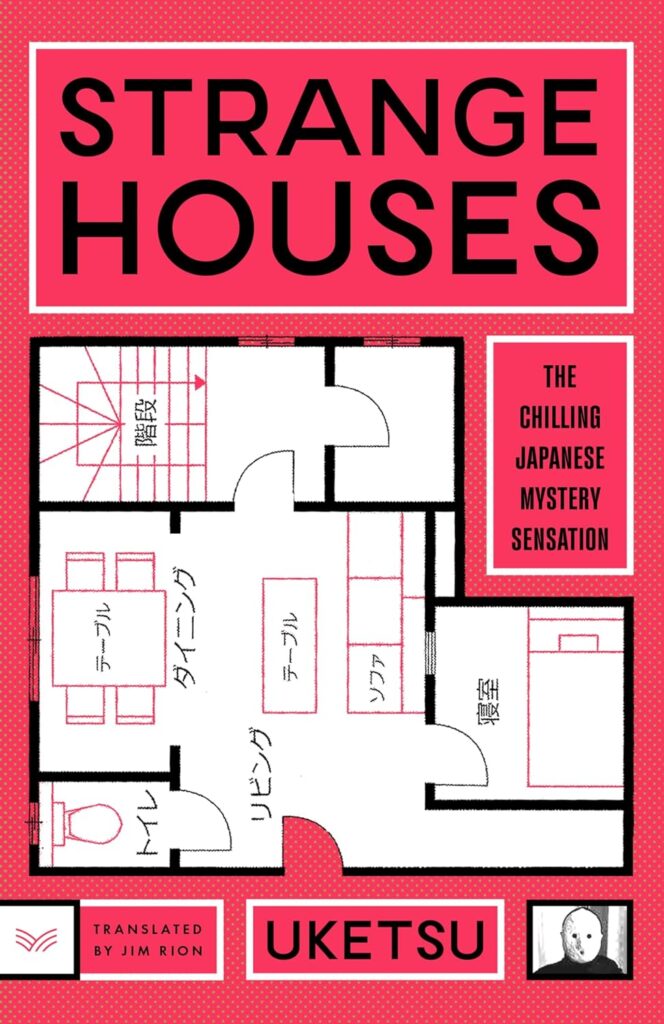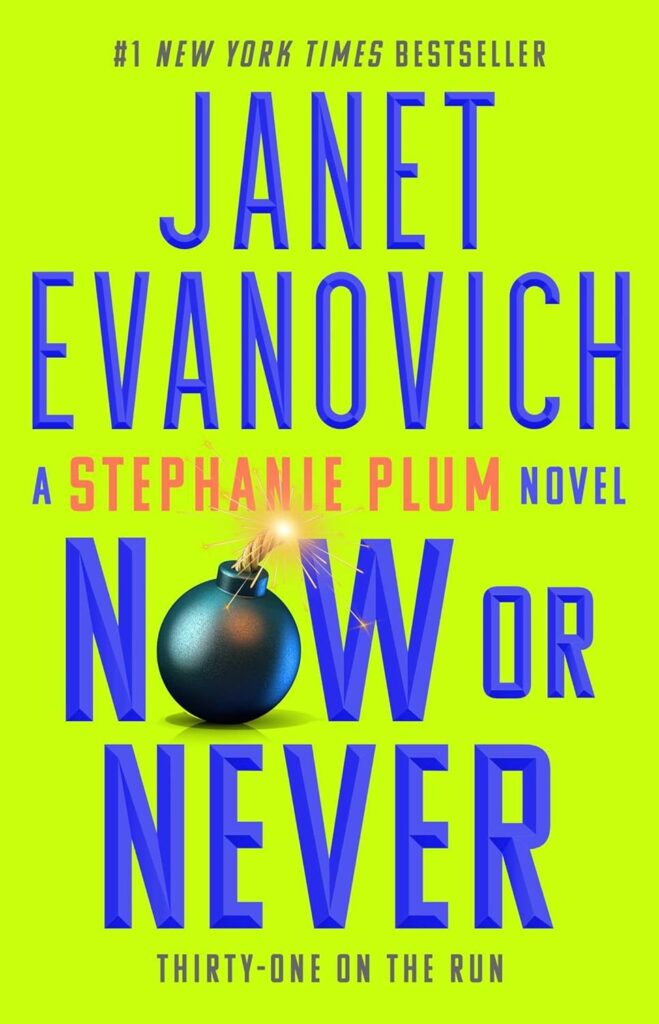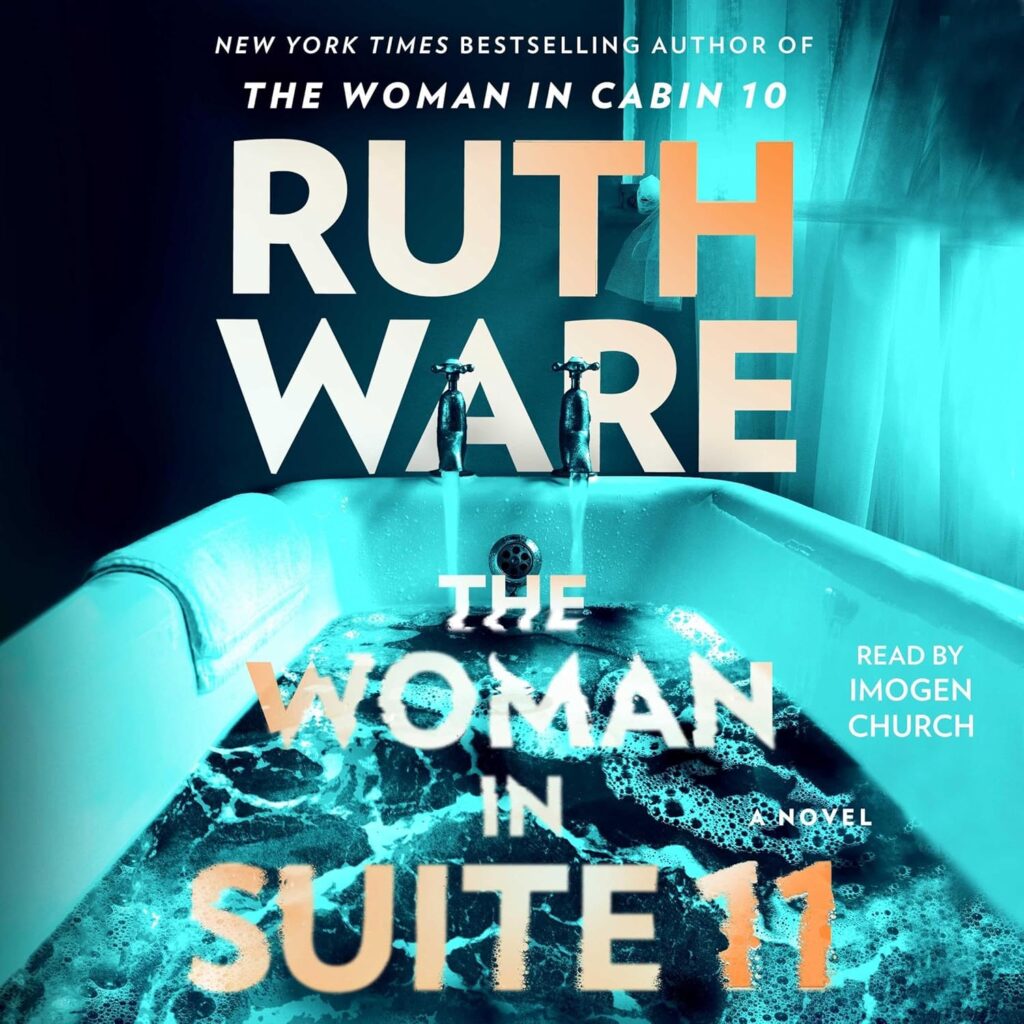Dive into this detailed I Regret Almost Everything book review and explore Keith McNally’s brutally honest memoir. Discover its raw humor, deep regrets, and unfiltered truth
When Regret Becomes a Narrative Weapon
In a world where most memoirs are dressed up in inspiration and redemption, Keith McNally’s I Regret Almost Everything feels like a deliberate slap in the face—raw, unfiltered, and shockingly honest. From the very title, the book sets itself apart, promising a narrative that refuses to conform to conventional ideas of healing or heroism.
In this I Regret Almost Everything book review, we’ll unpack the plot—or more accurately, the timeline of emotional wreckage—alongside McNally’s storytelling style, the central themes, and his unusual take on the human experience. We’ll explore what makes this memoir tick, its compelling tone, polarizing character portrayals, and why it’s still very much worth reading, even if (or especially if) it makes you uncomfortable.
Who Is Keith McNally and Why Should We Care?
Keith McNally may not be a household name for everyone, but in the world of high-end New York dining, he’s a legendary figure. As the mastermind behind iconic establishments like Balthazar and Pastis, McNally’s reputation precedes him—a restaurateur with flair, vision, and, as it turns out, a whole lot of personal chaos.
In I Regret Almost Everything, McNally rips off the carefully curated public persona and exposes the messy, deeply flawed man behind the brand. He writes about strokes, broken relationships, failed ambitions, and, of course, regrets—many of them. The book isn’t an attempt to garner sympathy; it’s more of a confessional booth, minus the priest and plus a bottle of whiskey.
A Memoir Without Makeup: Plot and Structure
Calling I Regret Almost Everything a “plot-driven” book would be a misnomer. It’s a memoir, yes, but one that drifts more than it flows. Rather than offering a neat chronology of events, McNally dives in and out of past and present with little concern for linear storytelling. The result is a fragmented yet strangely coherent narrative that mirrors the way memory often works—especially memory steeped in regret.
The chapters are short, punchy, and often unsettling. One moment, McNally is recounting his childhood in London, and the next, he’s reflecting on a failed marriage or a stroke that left him debilitated. There’s little continuity in the traditional sense, but that’s precisely the point. Life, McNally seems to suggest, is a jumbled mess of missed chances and emotional landmines—and he doesn’t shy away from showing us every grimy detail.
Language, Tone, and Narrative Style
McNally’s writing is blunt, profane, and often hilarious. There’s no poetic dressing here, no metaphors stretched across paragraphs to dazzle the reader. Instead, the prose hits like a cold bucket of water—startling and impossible to ignore.
“I regret almost everything. But especially the time I tried to be nice.”
This kind of brutal one-liner is emblematic of McNally’s style. His voice drips with cynicism but also vulnerability. He doesn’t beg for your empathy; he barely seems to want it. What he does want is to be heard, perhaps understood, but never pitied.
Themes: Regret, Failure, and the Reluctant Humanization of a Public Figure
The Weight of Regret
As the title indicates, regret is the thematic centerpiece. McNally revisits his life not to seek closure, but to inventory his failures. He doesn’t arrive at redemption, nor does he pretend to. And in that refusal lies a strange kind of honesty. Regret, in this memoir, isn’t something to be conquered—it’s something to be lived with.
Health and Mortality
McNally’s recounting of his stroke is one of the book’s most poignant sections. The vulnerability of losing bodily control forces him to reevaluate what matters—and what doesn’t. But even in these darker moments, McNally refuses to wax poetic. His tone remains sharp, even sardonic, as he talks about physical decay and impending mortality.
Fame, Ego, and the Illusion of Success
Despite having shaped much of New York’s culinary culture, McNally seems largely unimpressed by his own achievements. He speaks of Balthazar and other ventures with pride, yes, but also detachment. The restaurants, like many things in his life, are painted as both triumphs and burdens. His ego is both outsized and deflated—a fascinating paradox.
Character Portraits: From Family to Foes
Unlike many memoirists who treat others with reverent ambiguity, McNally writes about people in his life with a savage clarity. Ex-wives, friends, siblings, children—they’re all fair game, and none are spared the sharp edge of his pen.
This could have backfired, turning the book into a self-indulgent rant, but McNally’s willingness to be equally critical of himself keeps it grounded. He doesn’t glorify or vilify; he dissects. Every relationship is shown in its complexity, often with a mix of tenderness and bitterness that feels disturbingly real.
Reader Impressions: Polarizing but Powerful
A look at the book’s Amazon and Goodreads pages reveals a split camp of readers. Some are mesmerized by McNally’s unapologetic honesty, while others find the memoir too cynical or disjointed.
One Goodreads reviewer wrote:
“It’s like reading someone’s brain unfiltered—and I loved it for that. But I wouldn’t recommend it to someone looking for an uplifting read.”
An Amazon reader remarked:
“I couldn’t tell if McNally hated himself or wanted us to hate him. Either way, it was fascinating.”
This kind of polarized reaction is telling. I Regret Almost Everything isn’t for everyone—and it doesn’t want to be. But if you’re the kind of reader who appreciates psychological excavation, even when it’s messy and uncomfortable, this book will speak to you.
Strengths of I Regret Almost Everything
Unflinching Honesty
The biggest strength of this memoir is its refusal to lie or sugarcoat. McNally lays himself bare, flaws and all, in a way few writers dare to. It’s this honesty that gives the book its weight and resonance.
Voice and Humor
Despite the heavy themes, McNally’s dark humor keeps the book from becoming a pity party. His self-deprecation and wit serve as armor, but also as a narrative device that keeps the reader engaged.
A Different Kind of Memoir
This isn’t another “how I overcame adversity” tale. It’s more like “how I didn’t overcome, and why that’s okay.” That unconventional approach is refreshing in a literary market saturated with redemption arcs.
Weaknesses: Not for the Faint of Heart
Fragmented Narrative
For some readers, the book’s non-linear structure can feel jarring. There are abrupt transitions and moments where you’re left wondering how you got from one memory to the next.
Emotional Brutality
McNally’s unfiltered tone can be emotionally exhausting. The relentless negativity, while authentic, may be too much for readers looking for even a sliver of hope or positivity.
Should You Read I Regret Almost Everything?
Yes—if you’re ready for a memoir that refuses to make you feel comfortable. This book doesn’t offer neat lessons or happy endings, but what it does offer is an honest look at one man’s internal wreckage. And in a world obsessed with curated perfection, that kind of transparency is rare and necessary.
Whether you admire Keith McNally or are hearing about him for the first time, I Regret Almost Everything will challenge your ideas about success, self-worth, and the purpose of storytelling itself.
Final Thoughts: A Memoir That Demands Courage
In conclusion, this I Regret Almost Everything book review finds McNally’s memoir to be a deeply personal, frequently uncomfortable, but ultimately unforgettable read. It’s not the kind of book you recommend to everyone, but rather the kind you press into the hands of someone who’s tired of life’s Instagram-filtered narratives.
It forces us to consider that maybe we don’t need to overcome everything. Maybe, just maybe, acknowledging our failures is its own kind of victory.
“I didn’t write this book to be forgiven,” McNally says at one point. “I wrote it because it was all I had left.”
That line, like much of the book, lingers.
Where to Buy the Book
If you’re intrigued and you should be pick up a copy of I Regret Almost Everything by Keith McNally on Amazon.
Support authors who dare to write the ugly truths. This is one of them.
“Enjoyed this review? Discover more in our Biographies Reviews section.”





